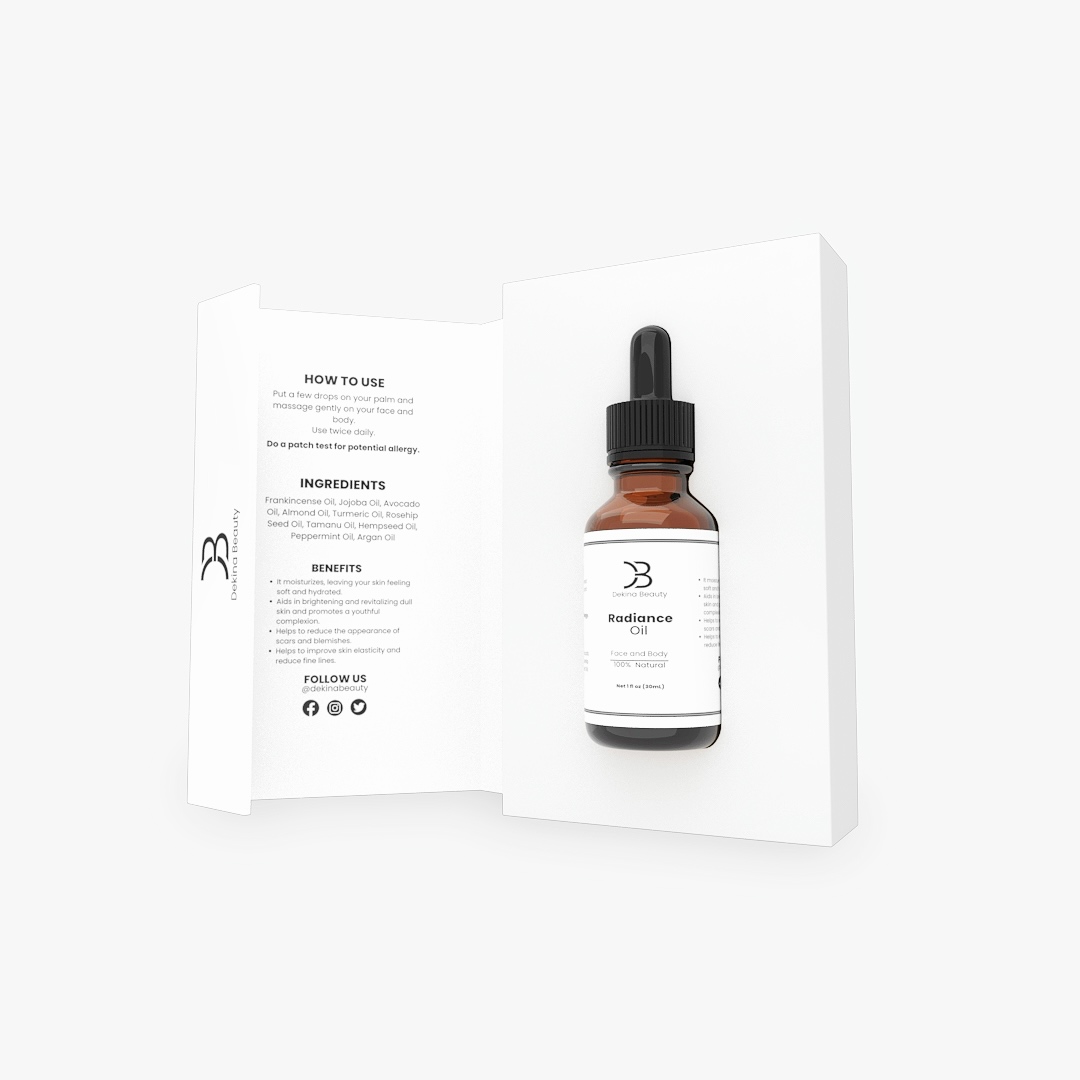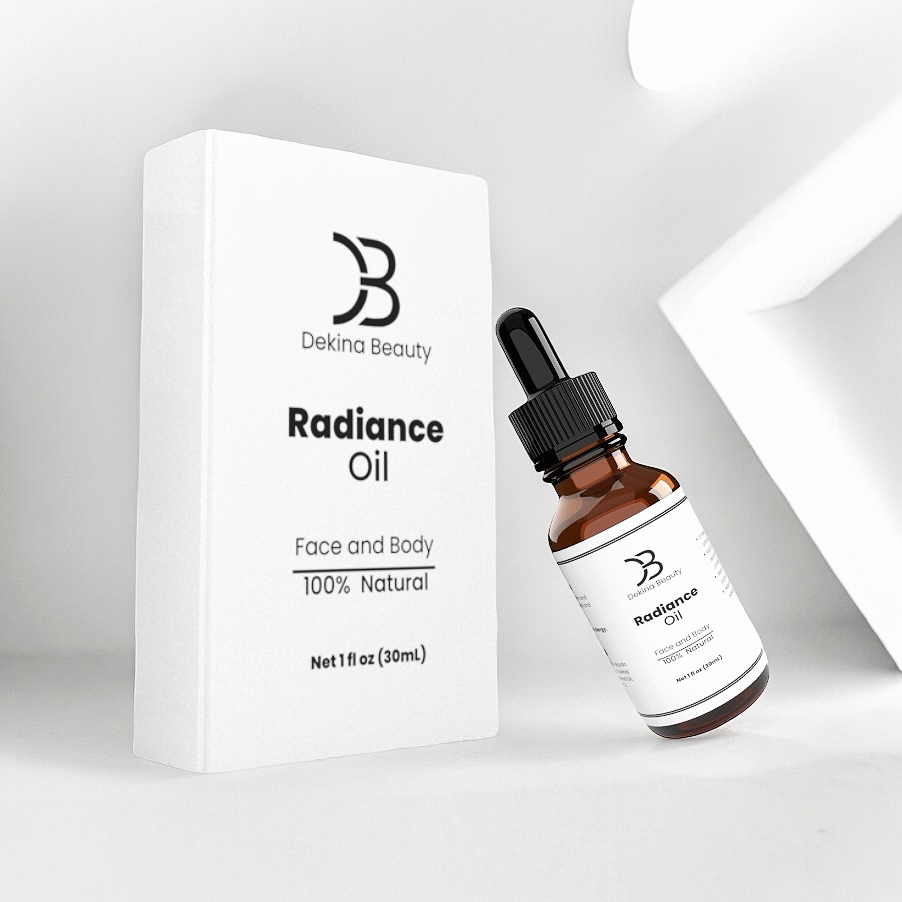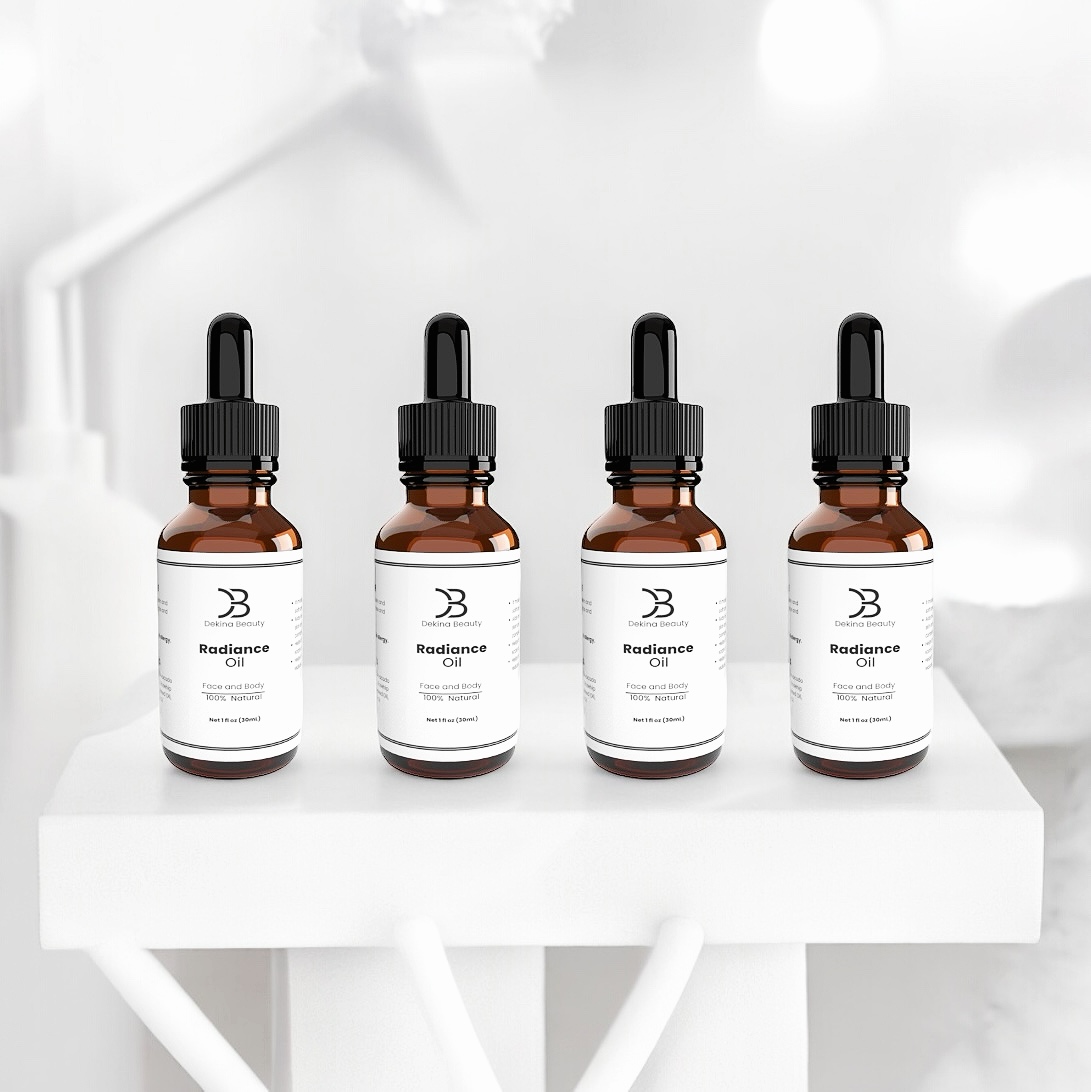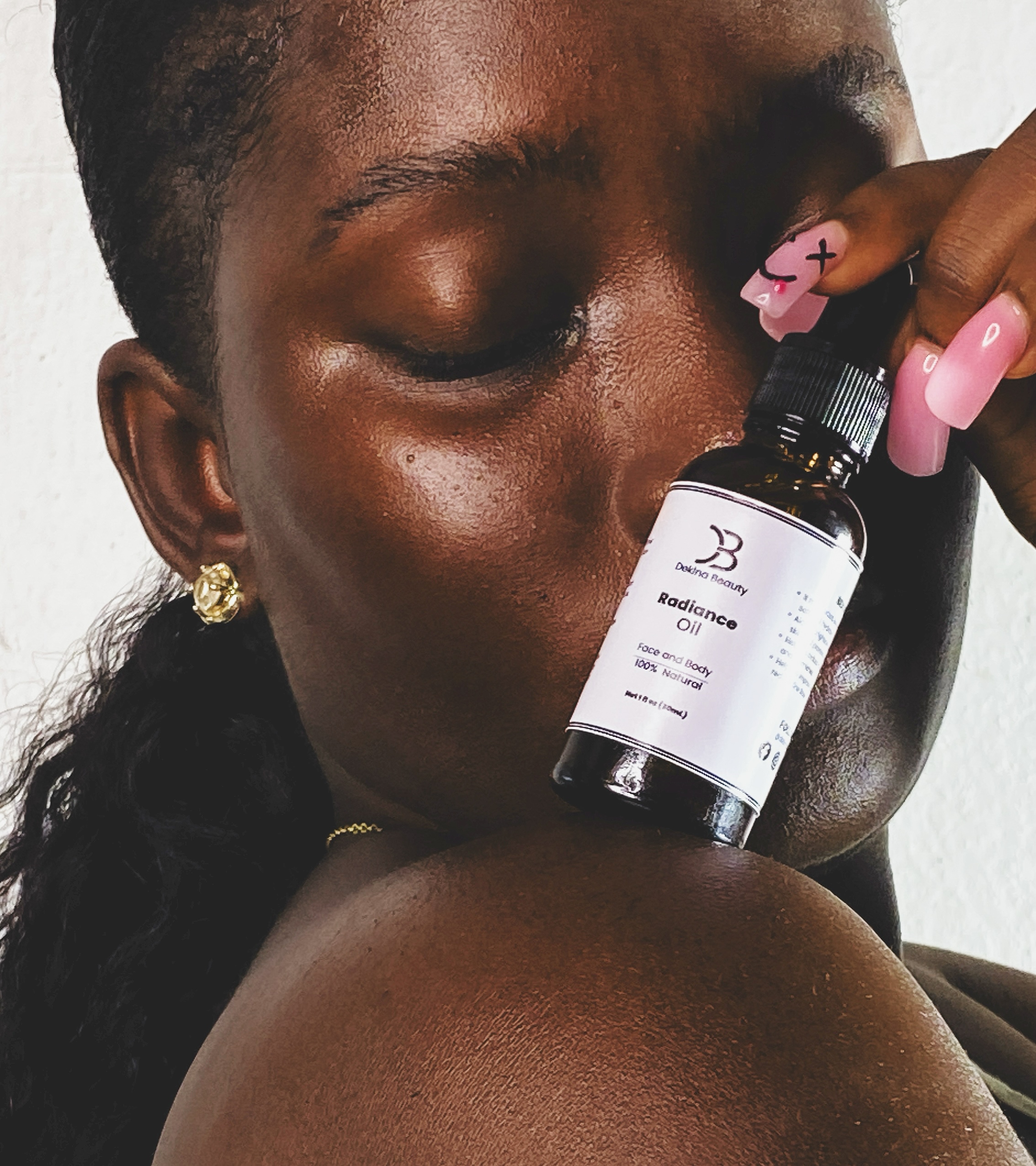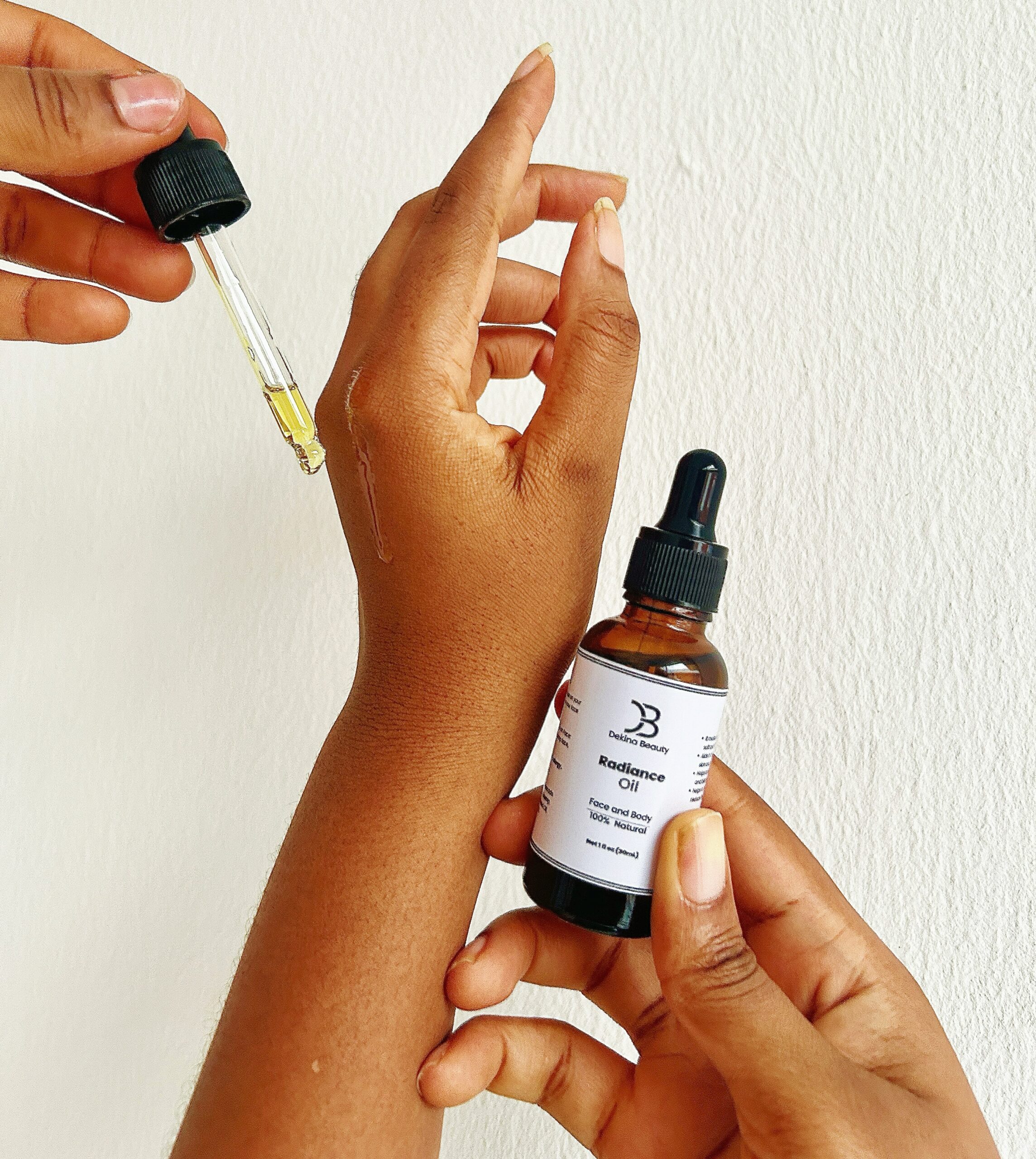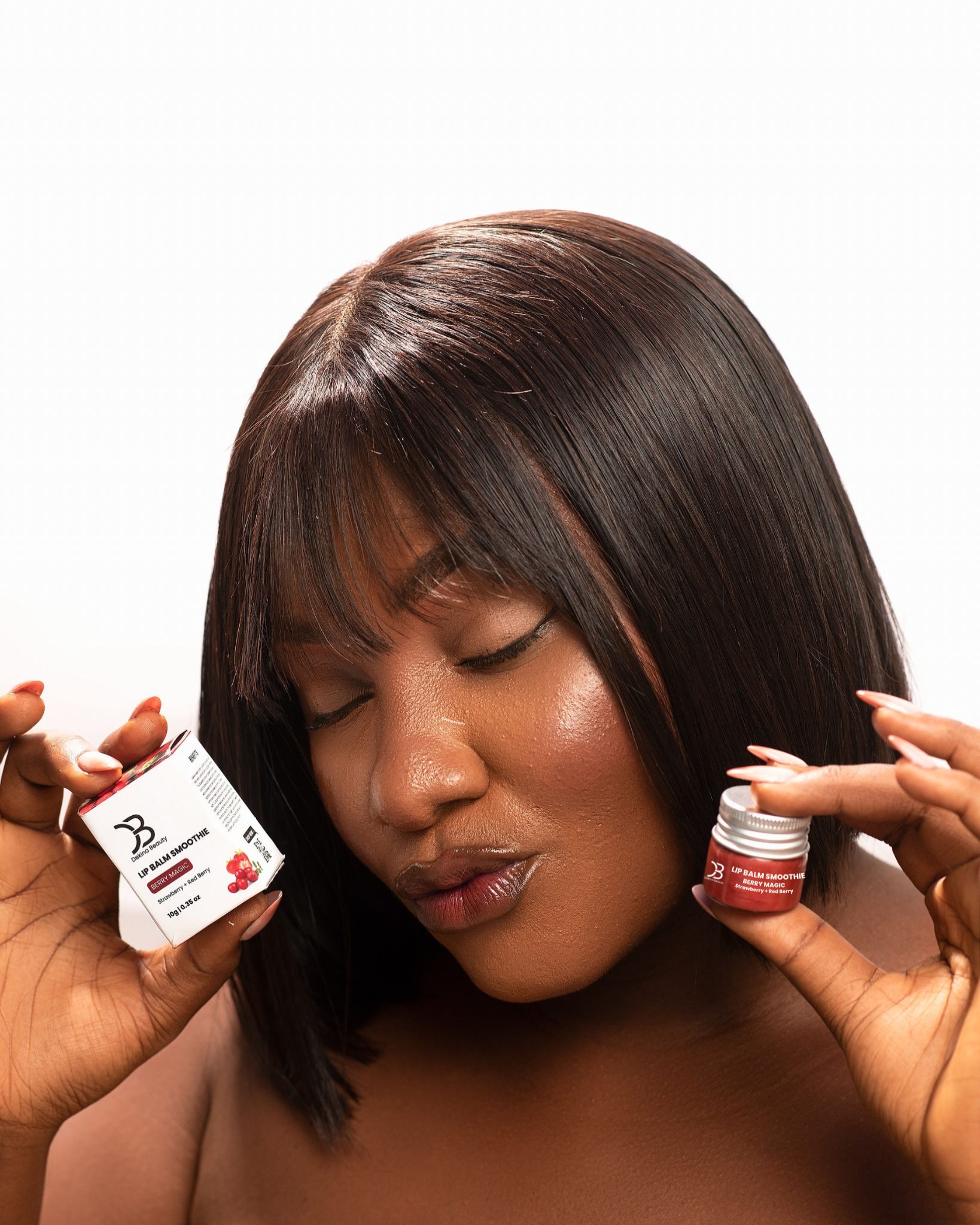The Importance of Nighttime Skincare
Establishing a nightly skincare routine is essential for maintaining healthy skin. One of the critical components of this routine is the practice of washing your face before bed. Throughout the day, our skin is exposed to various pollutants, dirt, excess oil, and makeup residues. If these impurities remain on the skin overnight, they can lead to a myriad of issues, including clogged pores, breakouts, and overall dullness. Therefore, nightly cleansing serves as a fundamental step in preventing these adverse effects.
When you engage in a dedicated nighttime skincare routine, you effectively remove the accumulated grime. This action not only cleanses the skin but also prepares it for optimal absorption of subsequent skincare products. Without the cleansing step, active ingredients in serums or moisturizers may not penetrate effectively, undermining the potential benefits of these nighttime products. Cleansing your face allows for enhanced skin renewal processes that occur as you sleep, fostering conditions that are conducive to skin repair and rejuvenation.
Moreover, washing your face at night can also significantly improve the skin’s barrier function. A healthier skin barrier can better defend against irritants and environmental stressors, which is particularly important for individuals with sensitive or acne-prone skin. By prioritizing this fundamental aspect of skincare, individuals can maximize their skin’s health and resilience. Thus, the importance of nighttime skincare extends beyond simple cleanliness; it plays a critical role in nurturing and protecting the skin, ensuring it looks radiant and feels its best.
What Happens When You Skip Washing Your Face
Neglecting to wash your face at night can lead to a myriad of immediate and long-term skin issues that are detrimental to your complexion. One of the most noticeable consequences is the onset of acne. Throughout the day, our skin accumulates dirt, oil, and makeup residues, which can clog pores when not properly cleansed. This blockage can create an ideal environment for bacteria to flourish, resulting in breakouts. Acne can manifest in various forms, including whiteheads, blackheads, and cystic acne, all of which can lead to scarring and prolonged skin concerns.
Additionally, failing to cleanse your skin can contribute to premature aging. The accumulation of impurities can accelerate the formation of fine lines and wrinkles, causing the skin to lose its youthful elasticity. Without a regular cleansing routine, dead skin cells can also build up on the surface, leading to a dull and uneven complexion. This lack of vibrancy is often mistaken for natural aging, when in fact, it can be addressed with consistent and thorough facial care.
Another potential consequence of skipping the nightly face wash is an increase in skin conditions such as eczema or rosacea. For those with sensitive skin, the residue left on the skin can provoke irritation and inflammation, exacerbating these already challenging conditions. When the skin’s natural barrier is compromised, it can lead to further issues, including increased redness and sensitivity.
In summary, the habit of skipping a nightly face wash may seem innocuous but can have significant repercussions. From triggering acne to fostering premature aging and aggravated skin conditions, neglecting this essential step in skincare can diminish overall skin health. Establishing a consistent cleansing routine is vital to maintaining a radiant and healthy complexion.
Skin Types and Their Reactions to Negligence
Understanding how different skin types react to the neglect of nightly face washing is essential for maintaining healthy skin. Each skin type—oily, dry, sensitive, and combination—exhibits unique characteristics that are impacted by the absence of a regular cleansing routine. Ignoring this critical step can lead to a range of skin concerns that vary according to individual skin properties.
For oily skin, skipping the nightly cleanse can exacerbate existing issues. Oily skin is characterized by an overproduction of sebum, and without proper cleansing, dirt, oil, and makeup can accumulate, leading to clogged pores. This often results in breakouts, acne, and an uneven skin texture as the skin struggles to maintain balance. Daily cleansing is vital for oily skin types to effectively control shine and prevent possible long-term damage.
Conversely, individuals with dry skin may notice increased flakiness and irritation when they neglect their nightly routine. Dry skin lacks sufficient moisture and natural oils, and without proper cleansing, it can become dehydrated and irritated. Accumulated dirt can further strip the skin of its essential moisture, leading to discomfort and exacerbating conditions like eczema or psoriasis. Thus, gentle cleansing with hydrating ingredients is paramount for those with dry skin.
Sensitive skin presents another challenge. This skin type is prone to reactions, redness, and inflammation. Failing to wash the face at night can lead to an increase in skin sensitivity and adverse reactions to accumulated products and environmental pollutants. Individuals with sensitive skin should prioritize a consistent cleansing routine using soothing formulas to help mitigate these reactions.
Lastly, combination skin can exhibit traits from both oily and dry skin, often leading to confusion regarding skincare regimens. Skipping nightly face wash can cause increased oiliness in the T-zone while leading to dryness in other areas. A balanced approach to cleansing is essential to maintain overall skin health in combination skin types. Ensuring proper nightly care can ultimately enhance skin balance and appearance.
Tips for Establishing a Consistent Nightly Routine
Establishing a consistent nightly face wash routine is essential for maintaining healthy skin. To achieve this, start by placing all your skincare products in a designated area, preferably near your bathroom sink or counter, to streamline the process. This visibility serves as a constant reminder, making it easier to remember to wash your face before bedtime.
Choosing the right products is also crucial. Opt for a gentle cleanser fitted to your skin type—whether oily, dry, or combination. Look for formulations that include hydrating ingredients, such as glycerin or hyaluronic acid, which can help maintain your skin’s moisture balance. For those who experience sensitivity or have acne-prone skin, consider products containing salicylic acid or benzoyl peroxide. Remember to check the ingredients and select non-comedogenic options to prevent clogged pores.
Incorporating a timer can be a beneficial time-saving method. Set aside a dedicated period—ideally under five minutes—every night for your skincare ritual. You can also build this into a relaxing routine by pairing it with calming activities such as listening to music or practicing mindfulness. These practices not only make your nightly regimen enjoyable but also reduce the likelihood of skipping it.
Habits play a vital role in establishing consistency. Consider integrating facial cleansing into your nightly rituals, like brushing your teeth or putting on pajamas. This coupling prompts you to wash your face almost instinctively. Additionally, maintaining a clear sleep environment can be beneficial. Ensure your bedroom is equipped with clean pillowcases and blankets, as they contribute to overall skin health, minimizing exposure to irritants.
Lastly, consider setting reminders on your smartphone or placing sticky notes in your living space. This small nudge can reinforce the importance of your nightly skincare routine. By establishing these habits, you can ensure that washing your face becomes a consistent and valuable part of your daily life.




